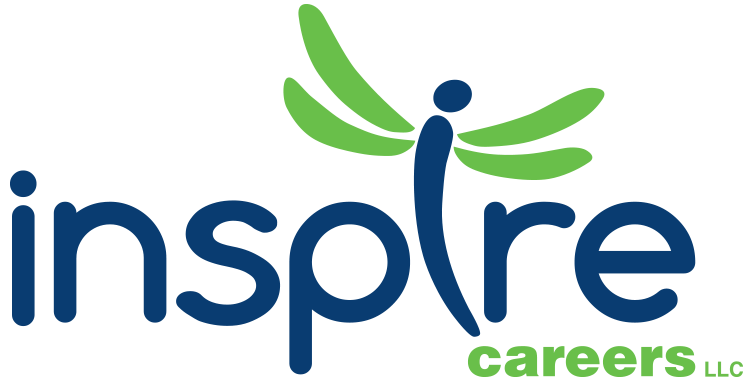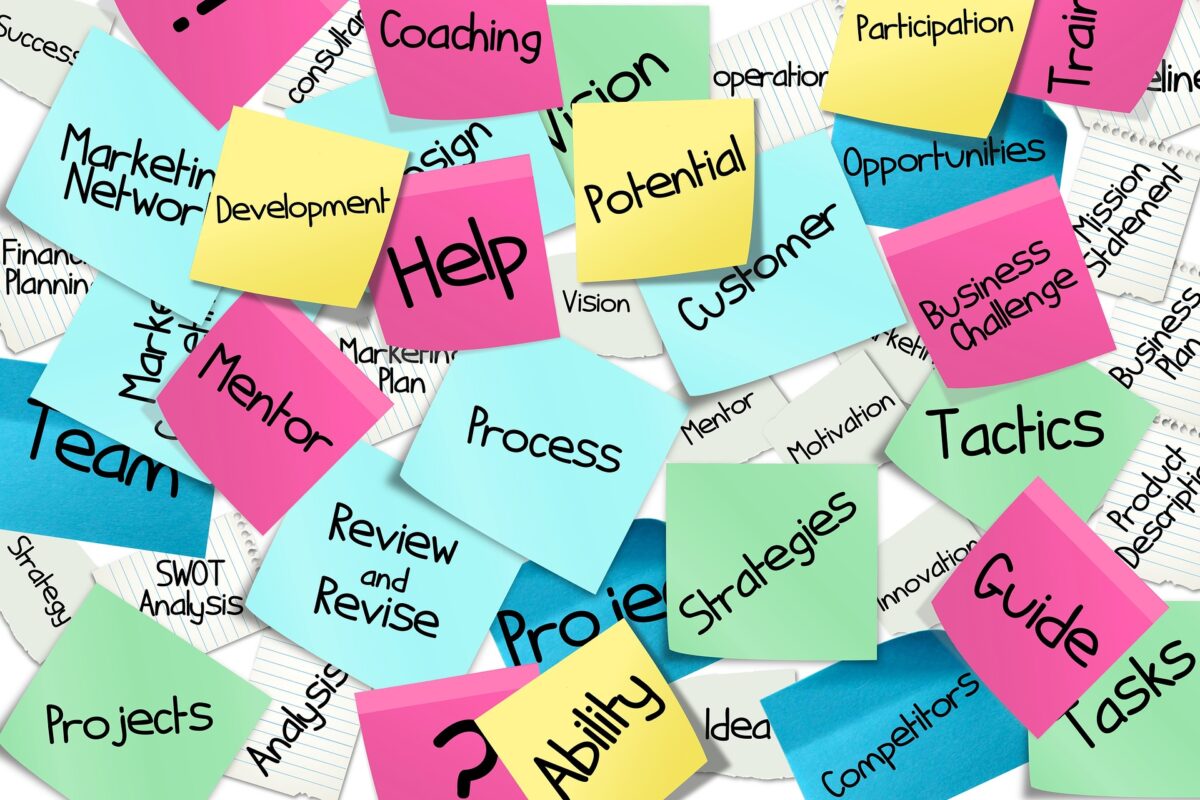
When working with new graduates and students, lack of job-related experience is often the largest challenge that they face when applying for their first big job. It’s that old Catch 22: employers are looking for candidates with experience, but you can’t get experience if no one will hire you, right?
Wrong! Experience can be gained many ways on the path to the job you are seeking. The key to success is to be able to clearly and confidently articulate how what you have done that relates to the qualifications of the job you seek. Do your research. Understand the requirements of the job and the needs of the company, then tell the story of how what you’ve learned, done, created, and shared has prepared you for the role at hand. Transferable skills are what we are talking about and how you translate those into work experience.
Here are some of ways that I help new graduates and students think in broader terms about what constitutes “experience” and how to leverage it to demonstrate alignment to the requirements of the job you seek.

▶ Internships ─ Disappointingly, not all colleges and university require an internship as part of its degree requirements. Disappointing indeed, because this is the best way to get direct work experience in your field of choice that can relate directly to the job you want to perform post-graduation. If you are fortunate to have availed yourself of such an opportunity, then inventory what have you done, what have you learned, and how will you apply it on the job. Specificity is important here. Being able to translate both your objective and subjective takeaways from an internship will provide you an advantage over other candidates that simply quantify their internships as “good.”
▶ Volunteering ─ Consider how your values align with the organization you choose to donate your time to and what specific activities you performed. Leadership, teamwork, organization, and community involvement are valued traits in an employee, and you should create the bridge between these activities and how they will enhance your performance on the job. Think broadly here: volunteer experiences as a camp counselor, with church or religious organizations, respected, high-profile organizations like Big Brothers and Big Sisters, the Scouts, or with political campaigns. To function as a valued volunteer, not only do you donate your most precious commodity, your time, but reflect on the skills that you used to complete the job: technology, travel, leadership, mentorship, reporting, communicating, problem-solving, crisis management (in some cases), and gaining consensus from team members. If your volunteer experience was in the field you are pursuing, you will likely have additional job-specific skills and experiences to draw on in this category.

▶ Study abroad ─ Studying abroad provides you with a diverse base of new life experiences to draw from. Living away from the comfort and routine of home and immersing yourself in different cultures enhances your view of the world and your appreciation of the difference and contribution of others. Today’s workplace is a global society rich in diversity of ideas, experiences, and people. Explain how studying abroad changed your perspective on work and how you now approach relationships to improve communication, teamwork, and outcomes while respecting and embracing the differences in others.
▶ Project Work ─ Projects both inside and outside of school are fair game here. Describe the goal of the project, who sponsored it, who were the other stakeholders involved. If you held a leadership position within the project, take credit for it. Did you produce reports, use spreadsheets, learn new technology, or liaise with business or community leaders or educators? Did the project produce a product that was created to be entered in a local, state, regional, or national competition, and if so, identify the takeaways from that event that would be valuable in the workplace.

▶ Side Hustle ─ Have you turned a hobby into a paying gig, monetized a blog, or created an app? Have you started your own YouTube Channel to teach DIY French braiding, tutor algebra, or reviewing the latest video games? Skills like leadership, ingenuity, technology, impact and influence, customer service, web development, and content development abound in this category and are hot skills for an employer if you position them as strategic skills within your professional toolkit vs. something you do to avoid “real” work.
▶ Athletics/Team Leadership ─ I’m not talking about participation in 5th grade basketball or when your name was picked in the rotation to be team captain for a week, but rather sports that you participated in throughout the course of your life or in played a significant part of your college or high school career, or for which you won a scholarship. For instance: rowing is a sport that requires dedication, training, discipline, teamwork, and physical stamina. Becoming the coxswain adds an additional level of leadership and motivational skills to your list. Being elected captain by your teammates is an honor and reflective of your contributions to the excellence and performance of the team, skills that are in demand at any level of an organization and particularly for entry-level employees identified as leaders and being tapped to be fast-tracked within a company. Combine this category with being identified as a “Scholar Athlete,” and you will have a rich offering of skills, experiences, and stories to share with a potential employer about how they add value to the job you will be hired to perform.
▶ Content Curation ─ Curating and publishing content on various social media or print platforms can demonstrate your mastery of a topic important in your industry and establish you as a thought leader among your peers. Blogging and posting on platforms that are shared with companies you are interested in working for, people you want to work with, and those who have decision-making power about your career is a great way to demonstrate your expertise even before you apply for a job you want. This is a skill that many of your peers will not possess and a practice many will neglect, yet, will be in high demand with employers. Get good at it and capitalize on it. No one expects you to have the insight of a 50-year old with 25 years of experience, but you still have a perspective worth sharing.

Need more information? Visit and subscribe to the Inspire Careers
YouTube Channel https://bit.ly/3r7MjkO to view great information about job seeker strategies, recruiter
strategies, and value-added career topics.


